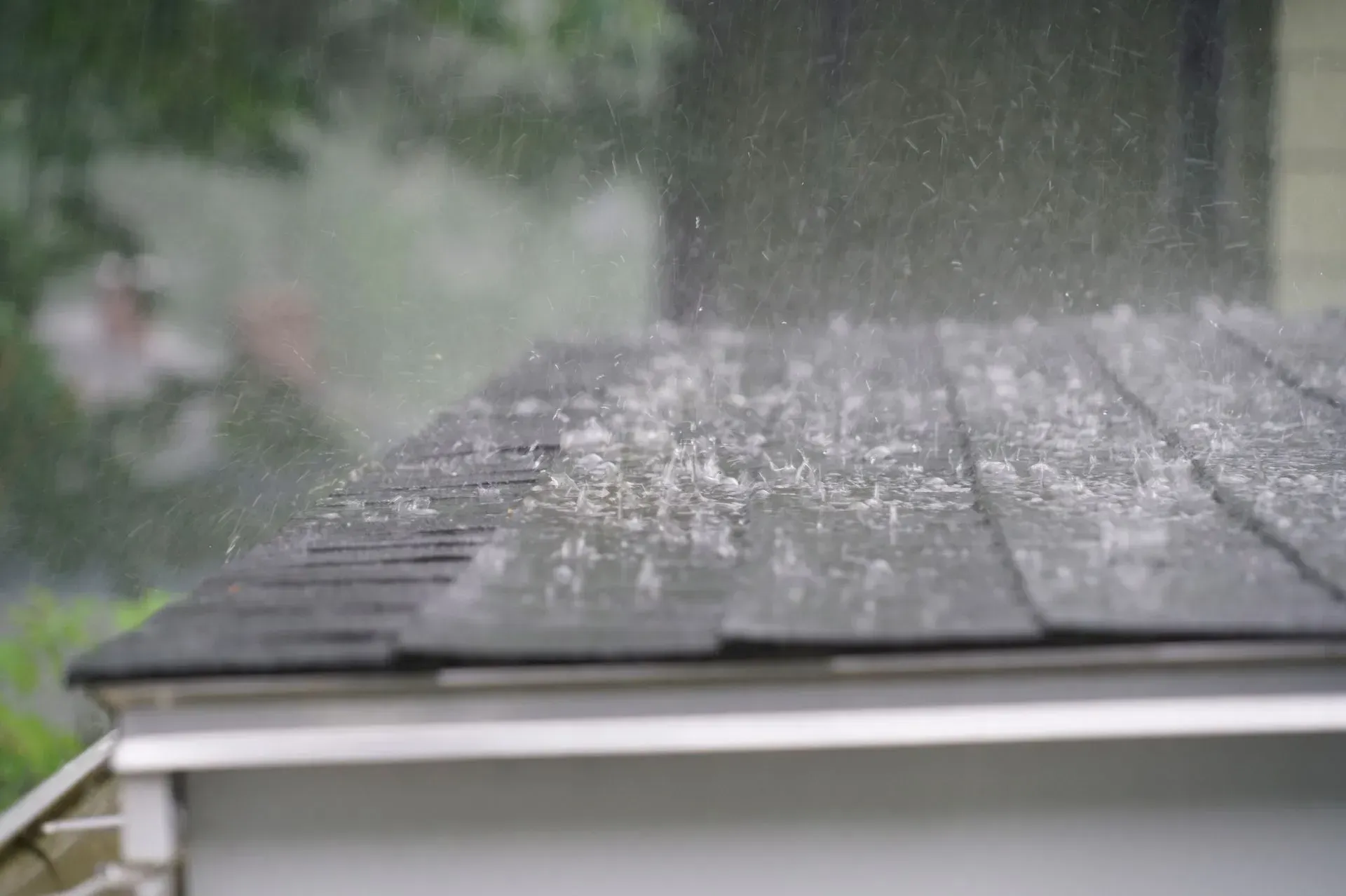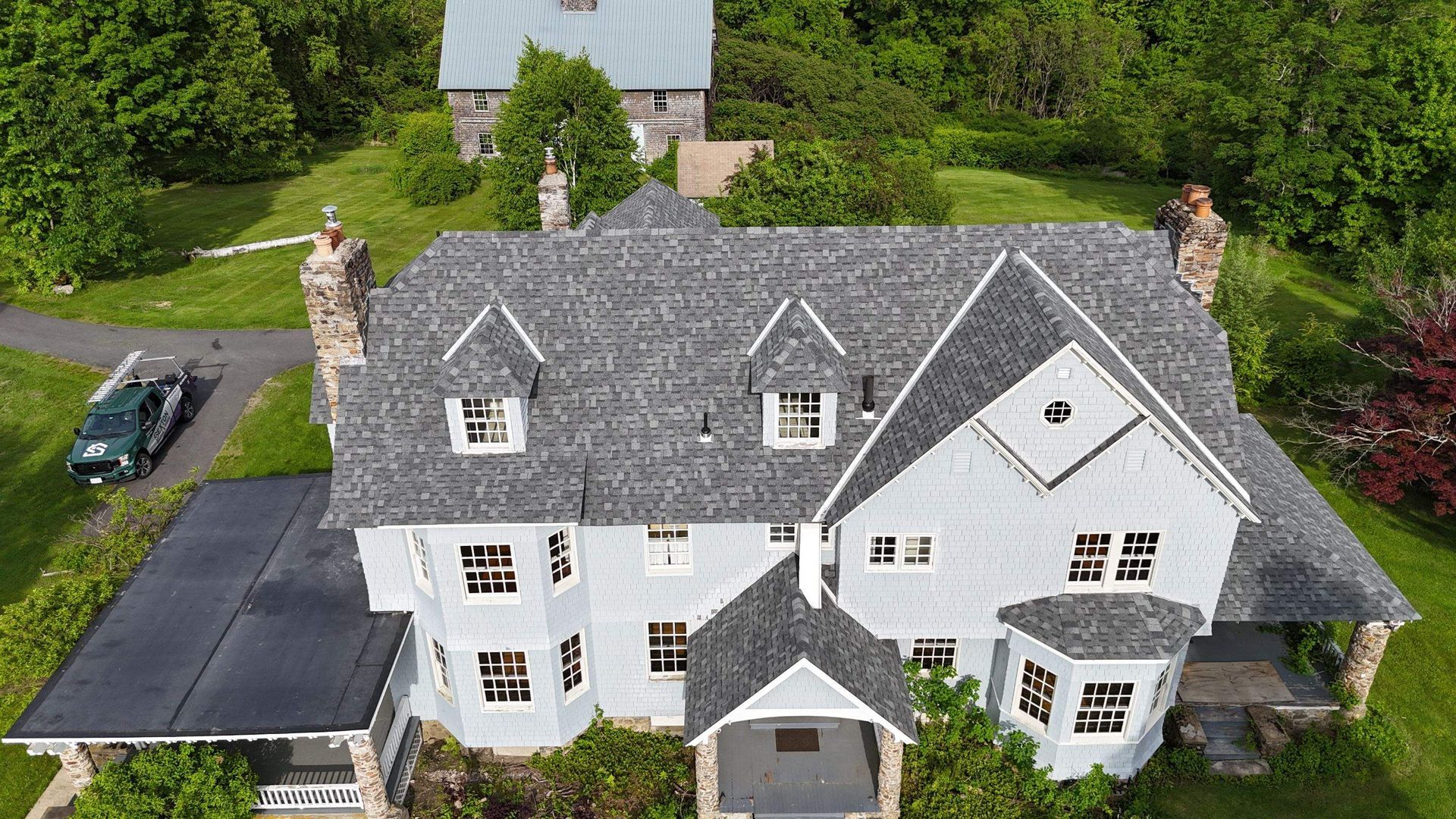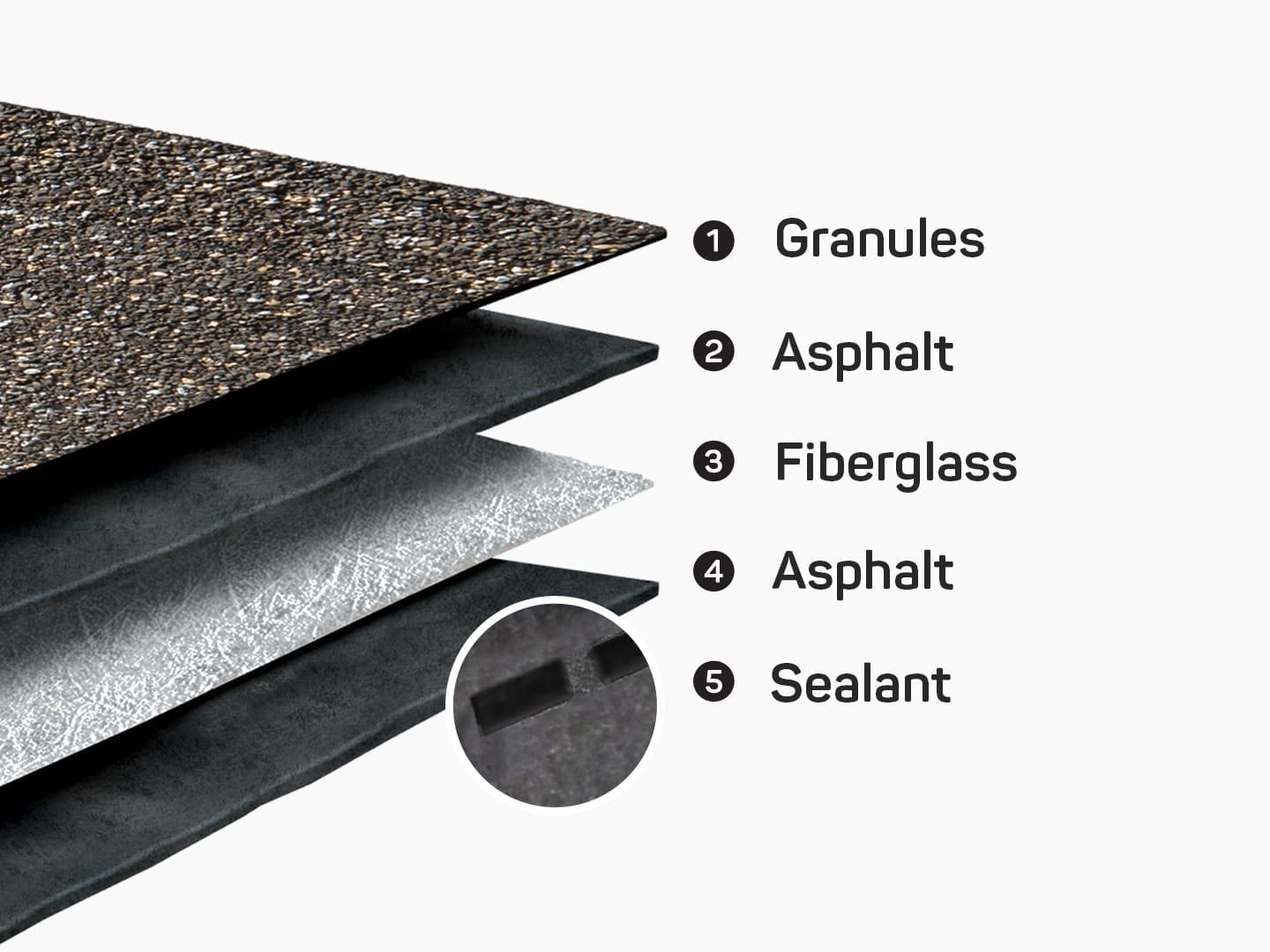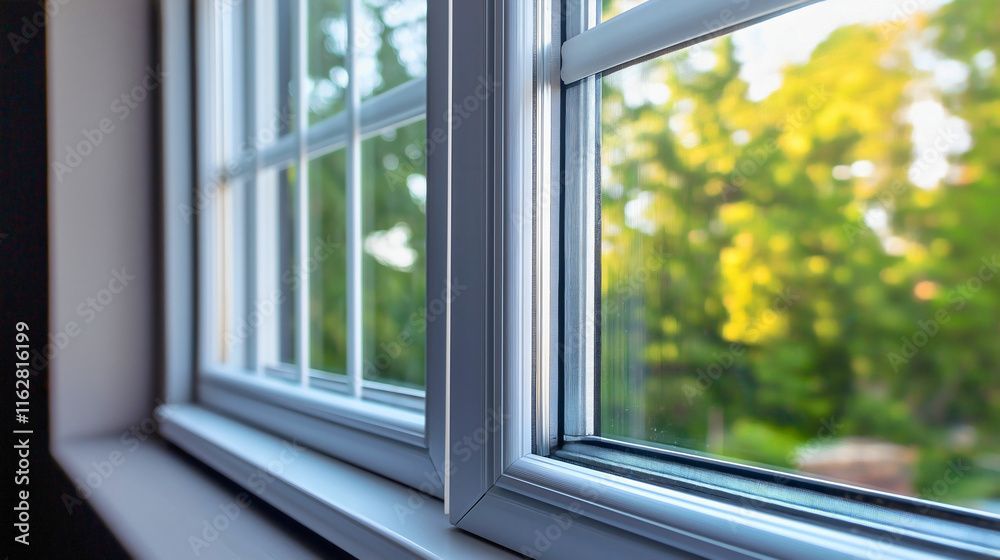This is a subtitle for your new post

Storms in New England can be unpredictable and often leave a trail of damage in their wake. The roof is one of the most vulnerable parts of your home during a storm. High winds, heavy rain, hail, and flying debris can cause significant roof damage. If a storm has impacted your roof, it's important to take immediate action to prevent further damage and costly repairs. Here's a step-by-step guide on what to do when you get roof damage after a storm.
Ensure Safety First
Before inspecting your roof, ensure that it's safe to do so. Stay clear of downed power lines and slippery or unstable surfaces. If the damage is severe, evacuate your home and contact emergency services if necessary.
Document the Damage
Once it's safe, document the damage. Take as many detailed photos and videos of your roof with your cell phone as you can from various angles and any interior damage caused by leaks. This documentation will be helpful and crucial for insurance claims and repair assessments.
Perform a Preliminary Inspection
Conduct a preliminary inspection of your roof. Try and look for visible signs of damage, such as missing, cracked, or curling shingles, damaged flashing, and debris accumulation. Also, check for leaks inside your home, especially in the attic and ceiling.
Temporary Repairs
If you notice any leaks, perform temporary repairs to prevent further water damage. Cover damaged areas with tarps, plastic sheeting, or plywood. Be cautious while doing this, as your safety is the priority.
Contact Your Insurance Company
Please report the damage to your insurance company as soon as possible, providing them with the documentation you've gathered. An insurance adjuster will likely be sent to assess the damage and determine the repair coverage.
Get A Repair Estimate From Sexton Roofing & Siding
Contact us to perform a thorough inspection and provide an estimate for repairs.
Review Your Insurance Policy
Be sure to review your insurance policy to understand what is covered and your deductible. Your insurance company might cover the total cost of repairs, or you might need to pay a portion out-of-pocket.
Coordinate Repairs
Once your insurance claim is approved, coordinate with your roofing contractor to schedule the repairs. Ensure that all work is completed to your satisfaction and that the contractor adheres to the agreed-upon estimate and timeline.
Prevent Future Damage
After repairing your roof, take steps to prevent future storm damage. Regular roof maintenance, trimming overhanging branches, and installing storm-resistant features can help protect your roof.
Dealing with roof damage after any kind of storm can be stressful, but taking prompt and appropriate action can minimize the impact on your home. Sexton Roofing & Siding is here to help if you need professional assistance. Our experienced team is ready to provide thorough inspections, reliable repairs, and exceptional service to restore your roof to its best condition. Contact us today for a consultation, and let us handle your roofing needs with expertise and care.







